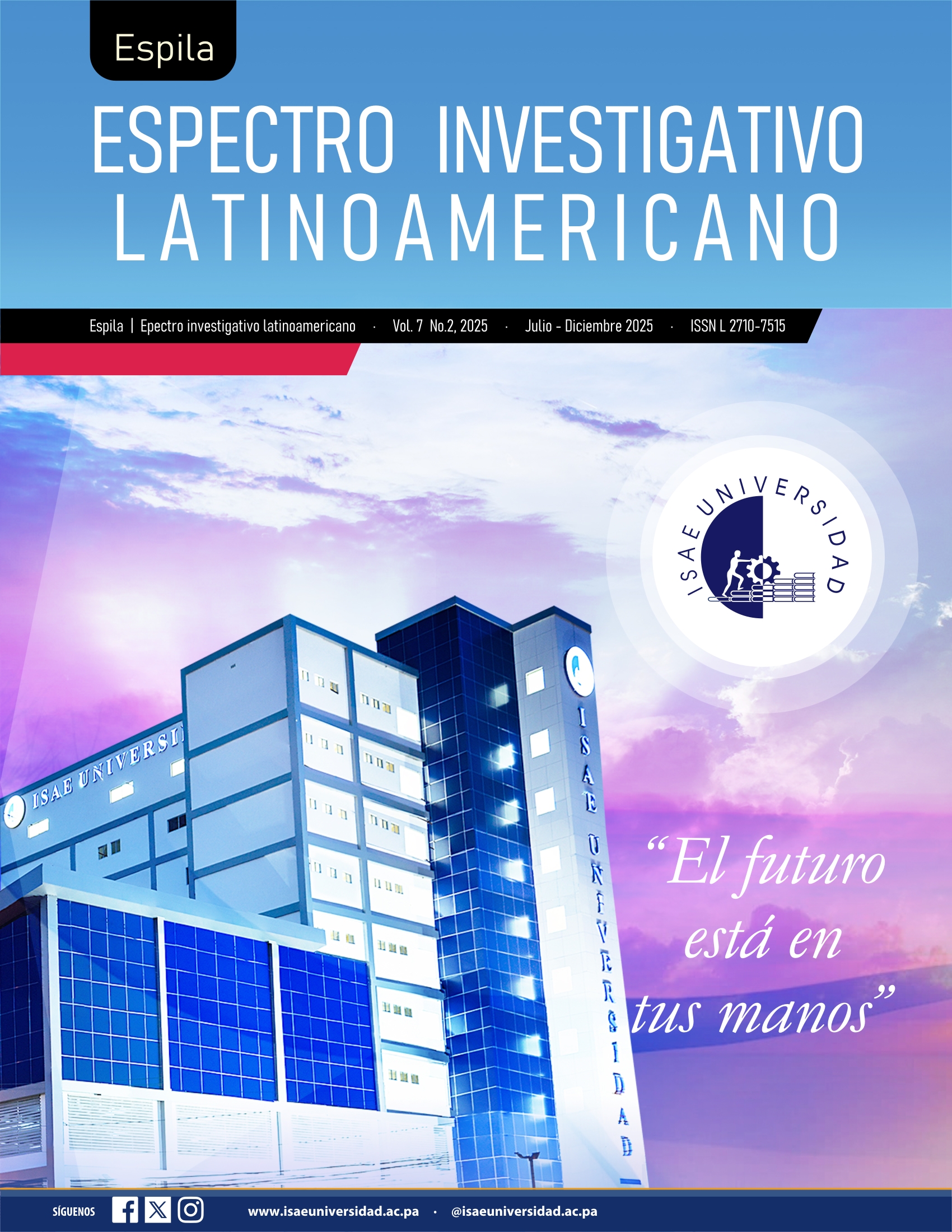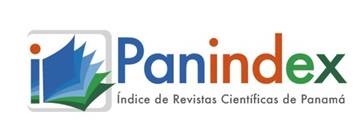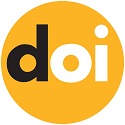Las TIC como Herramienta Educativa para fortalecer el proceso de Enseñanza - Aprendizaje en la Educación Superior
DOI:
https://doi.org/10.61454/sswm5p46Palabras clave:
Comunicación, educación, tecnologíaResumen
Las Tecnologías de la Información y la Comunicación (TIC) se han consolidado como herramientas fundamentales para fortalecer el proceso de enseñanza-aprendizaje en los estudiantes. En esta investigación se abordó el planteamiento del problema, el objetivo general y los objetivos específicos, orientados a comprobar la efectividad del uso de las nuevas tecnologías aplicadas a la Educación Superior, así como su potencial para enriquecer los procesos pedagógicos, metodológicos y comunicativos que debe dominar el docente contemporáneo para propiciar un aprendizaje significativo. Entre los antecedentes relevantes, se destaca el estudio de Hernández, M., cuyos hallazgos revelan que los docentes de universidades privadas presentan una mayor formación en TIC desde una perspectiva instrumental, más no desde un enfoque pedagógico. La investigación se enmarca en un enfoque descriptivo, con un diseño mixto de tipo documental y de campo. Se utilizó la encuesta como instrumento de recolección de datos. Los resultados obtenidos permitieron concluir que las TIC efectivamente contribuyen a mejorar el proceso de enseñanza-aprendizaje. No obstante, se evidenció la necesidad de fortalecer la capacitación docente, no solo en el manejo técnico de las herramientas tecnológicas, sino también en su aplicación metodológica. Con base en estos hallazgos, el investigador propone un plan de formación continua dirigido a potenciar las competencias digitales de los docentes, promoviendo así una integración pedagógica efectiva de las TIC en el aula universitaria.
Descargas
Referencias
Acuña Acuña, E. G. (2022). Análisis del impacto de las TIC en la educación superior en Latinoamérica. Edutech Review, 9(1), 1–15. https://doi.org/10.37467/gk DOI: https://doi.org/10.37467/gkarevedutech.v9.3277
Area-Moreira, M., & Pessoa, T. (2019). La educación digital y el desarrollo de competencias digitales en la universidad. Revista de Educación a Distancia, 59, 1–23. https://doi.org/10.6018/red/59/1
Cabero-Almenara, J., &Llorente-Cejudo, M. C. (2020). La competencia digital docente en la educación superior: Retos y oportunidades. Profesorado, Revista de Currículum y Formación del Profesorado, 24(1), 1–25. https://doi.org/10.30827/profesorado.v24i1.10345
Cruz-Pérez, M. A., Pozo-Vinueza, M. A., Juca-Aulestia, J. M., & Sánchez-Ramírez, L. C. (2020). La integración de las TIC en el currículo de educación superior en la última década. Revista Ciencias Pedagógicas e Innovación, 8(1), 55–61. https://doi.org/10.26423/rcpi.v8i1.368 DOI: https://doi.org/10.26423/rcpi.v8i1.368
García-Peñalvo, F. J., &Corell, A. (2020). *La transformación digital en las universidades: Retos y oportunidades. Education in the Knowledge Society, 21, e23629. https://doi.org/10.14201/eks.23629
Hernández Sampieri, R., Fernández-Collado, C., & Baptista-Lucio, P. (2022). Metodología de la investigación (7.ª ed.). McGraw-Hill Education.
López-Meneses, E., Vázquez-Cano, E., & Román-Graván, P. (2020). Análisis del impacto del COVID-19 en la educación superior en España: El caso de las universidades públicas. Revista Latina de Comunicación Social, 78, 265–287. https://doi.org/10.4185/RLCS-2020-1476 DOI: https://doi.org/10.4185/RLCS-2020-1476
Martínez, M. A., & Pérez, L. (2021). Gamificación y TIC en la educación superior: Un enfoque innovador. Revista de Innovación Educativa, 15(1), 33–48.
Ortega, J. A., & Ríos, M. (2022). Plataformas virtuales y aprendizaje autónomo en estudiantes universitarios. Revista de Educación y Tecnología, 10(2), 77–92.
Peña, D., & Vargas, F. (2019). Evaluación del uso de recursos digitales en universidades latinoamericanas. Revista Iberoamericana de Tecnología Educativa, 7(1), 12–28.
Ramírez-Montoya, M. S., & Valenzuela González, J. R. (2021). Tendencias de innovación educativa con uso de TIC en la educación superior. Revista Iberoamericana de Educación Superior, 12(33), 3–20. https://doi.org/10.22201/iisue.20072872e.2021.33.833
Rodríguez, C., & Torres, A. (2020). La alfabetización digital en la formación docente universitaria. Revista de Estudios Pedagógicos, 46(2), 101–118.
Salinas, J. (2019). Innovación docente y uso de TIC en la educación superior: Nuevas formas de aprendizaje. RIED. Revista Iberoamericana de Educación a Distancia, 22(2), 25–44. https://doi.org/10.5944/ried.22.2.24317 DOI: https://doi.org/10.5944/ried.22.2.24248
Silva, M., & Gómez, R. (2021). Educación híbrida y TIC: Retos para la docencia universitaria post-pandemia. Revista de Educación Superior, 30(3), 55–70.
Tapia, J., & León, S. (2022). El uso de entornos virtuales de aprendizaje en carreras técnicas universitarias. Revista de Tecnología y Educación, 14(1), 21–36.
Vega, L., & Morales, P. (2020). Competencias digitales en estudiantes de primer ingreso universitario. Revista de Investigación Educativa, 38(1), 89–105.
Publicado
Número
Sección
Licencia
Derechos de autor 2025 Espectro Investigativo Latinoamericano

Esta obra está bajo una licencia internacional Creative Commons Atribución-NoComercial-CompartirIgual 4.0.












